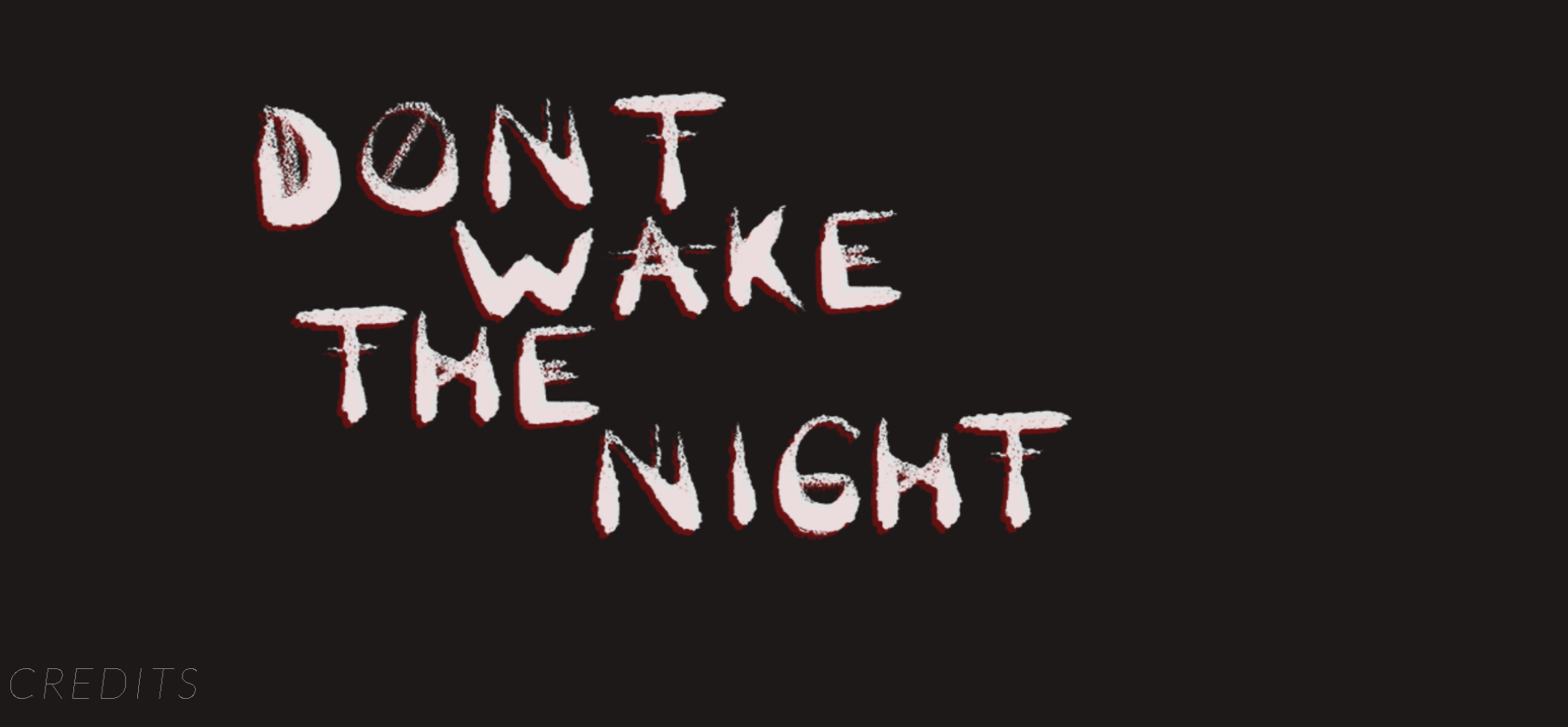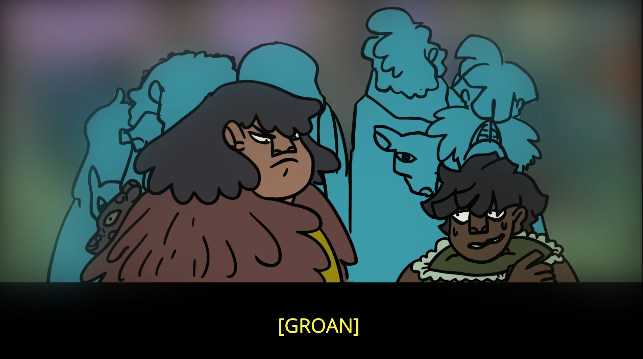
Don’t Wake the Night: The Gaps Between Words Will Swallow You
Hey Dia!
The word that’s been on my mind since finishing Don’t Wake the Night has been “community”. It went from an intriguing part of the game’s initial pitch, to something that’s been on my mind since I finished my second playthrough. What’s most effective for me in this depiction isn’t the sense of closeness that permeates the game, though that’s certainly present. It’s the vagueness that exists within the community, the liminal spaces between what’s said and what’s done or felt. More than any other game I’ve played, Don’t Wake the Night embraces the uncertainty that comes from interacting with people, especially those who are closest to us.
There’s an eeriness in the air of Don’t Wake the Night that I think can only really be attributed to the anxiety everyone is feeling about what’s to come. As the spirit, you, in theory are the cause of this anxiety, since you’re playing the role of judge and jury. But throughout, I found myself feeling awkward and nervous for the spirit more than I did the people. Moving between different conversations, the air becomes heavy with what hasn’t been said, and feelings that are being hidden or downright buried. Trying to parse this without context becomes an exercise in futility quickly. Don’t Wake the Night really effectively captures the feeling of entering a new community, whose history and connections you’re not familiar with. It’s like walking through a minefield blindfolded, and anyone who could help you either can’t or won’t.
Honestly, it’s pretty reflective of how I’ve felt entering the world of games journalism this year. While a lot of my peers, friends, and colleagues are actually a year or two younger than me, I’m young in terms of the industry. I’ve missed out on so much since I only really started paying attention again in 2017, and navigating that has been stressful. Going through this space, it’s so hard to know who you can trust, who wants to actually help you, and who’s just looking for another bright eyed freelancer to take advantage of.

Listening to hushed whispers of vagueries from the past, I couldn’t help but be reminded of the times I’ve been clued into something, only to be left unsure if I’m getting the whole story. Of feeling conflicted about who to put my faith in, because all too often the people we think are good, actually end up disappointing us in the worst ways. Of having my faith in myself waiver after realizing I’m not free from sin either, and wondering how that will impact my reputation. Don’t Wake the Night adds an extra dimension of stress to this in its portrayal of the spirit as judge and jury. In my day to day, I’m worried about taking a misstep that could hurt my own career, or those of the friends and loved ones I’ve gathered in this industry. I know for a fact I’ve already done some damage to people I’ve met, and it’s one of my biggest regrets. The spirit has even higher stakes on their hands.
While these feelings are isolating and nerve-wracking, they also made me appreciate how lucky I’ve been while coming up in this industry. Despite the secrecy, the abuse in many forms, and the petty drama that are constantly looming, I’ve managed to become friends with some really incredible people who inspire and push me every day (you, especially). I know that I have a safety net, if the worst does end up happening, and I have plenty of people to vent to when I get told to eat a tide pod over my latest Overwatch, take as well as those who will understand when I fuck up and help me figure out how to rectify it. I wish the spirit in Don’t Wake the Night had something similar, because having to make those kinds of calls on your own sure does seem lonely.





